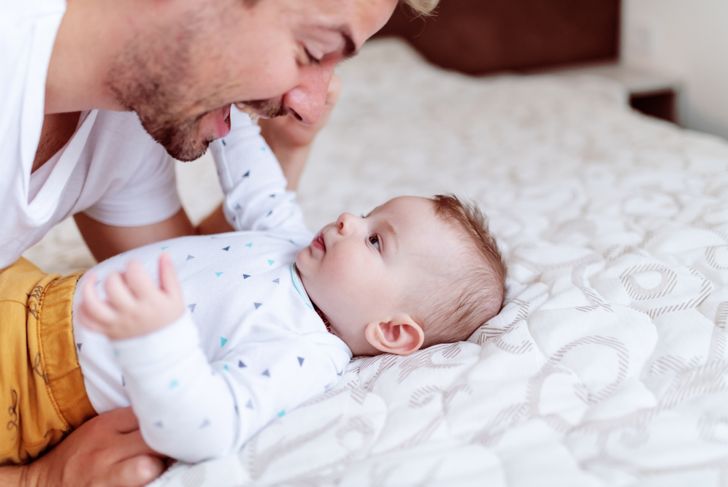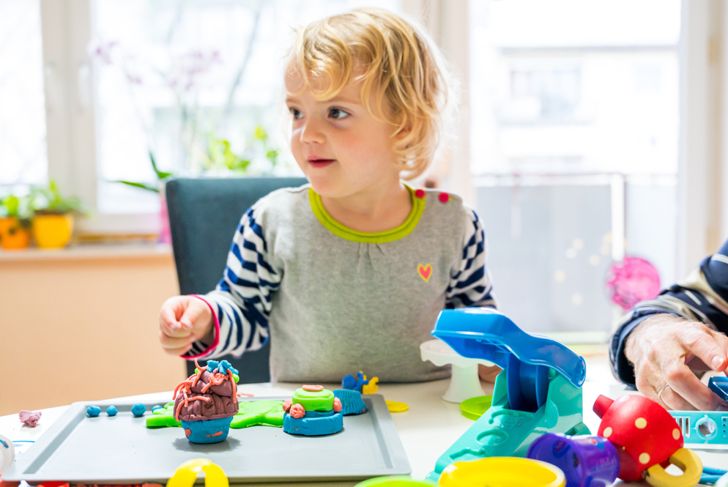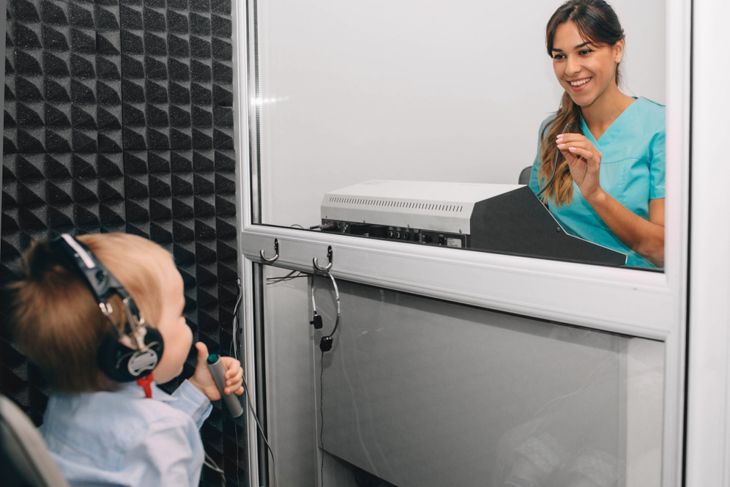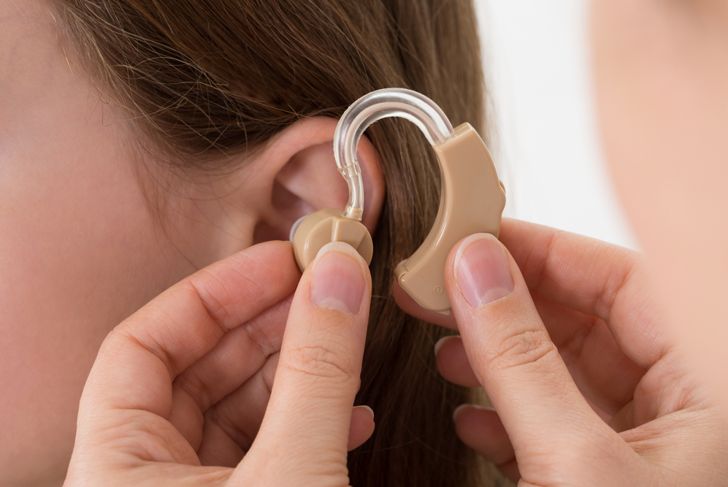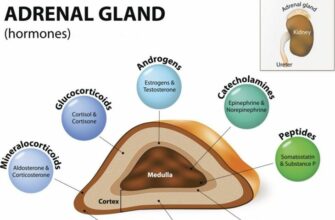Many children hear, listen, and respond to noises even before birth. Some children may not respond to noise for several months after they are born. Because of this, it can be extremely difficult to identify cases of hearing impairment in infants. However, certain behaviors and signs can signal auditory concerns and the need for a full hearing screening.
Birth to Three Months
Detecting hearing impairment in newborns is often difficult because they lack ways to respond. Guardians should be aware of a few subtle signs that could indicate hearing issues. Infants with hearing impairments may not react to sounds. For example, children with typical hearing development can recognize voices and will often calm down when someone speaks. During feeding, most infants will stop or start suckling in response to noise.
Four Months to Six Months
As a child ages, noticing signs of hearing impairment becomes easier. Between the ages of four and six months, children become more responsive. A child with hearing impairment may struggle to follow sounds with their eyes or react to changes in tone of voice. Noise-making toys may not attract their attention. Some children respond to music at this age, and hearing impairment may inhibit this.
Seven Months to a Year
Once a child reaches seven months old, signs of hearing impairment become much more noticeable and may even manifest as difficulties speaking or communicating. A child at this age without hearing impairment turns toward a sound’s origin, listens if someone speaks, and can understand simple words. As they continue to grow, infants often start mimicking speech patterns and will “talk” to get attention. An inability to do this sometimes indicates hearing impairment.
Lack of Communication
By their first birthday, most infants are capable of saying single words such as “mama” or “dada.” Additionally, children become very skilled at locating the source of sounds. If a child does not look at someone while they are speaking, hearing impairment may be the cause. Depending on the degree of hearing loss, a child may respond to some voices or sounds but not others. For example, if a child responds to lower voices but not higher-pitched ones, they may have high-frequency hearing loss.
Responding During Play
Doctors will often perform a simple test to check for hearing impairment in infants. Caretakers can also use this test at home. While a baby is busy playing with another object, place a flashing light or moving toy just out of their sightline. Create a noise near the object. If the child turns to look at the origin of the sound, they receive the reward of a new object to play with. This helps to test hearing and rewards the child for locating a sound’s source, promoting the behavior in the future.
Hearing in Different Settings
Children may only show signs of hearing impairment in certain settings. For example, perhaps their home is usually quiet. If that child then attends a noisy daycare, they may struggle to hear certain sounds in the much louder environment. Guardians should ask caretakers in other settings if their child exhibits any social, behavioral, or language difficulties.
Physical Indicators of Hearing Impairment
A variety of health conditions can impair a child’s hearing while also presenting with certain physical symptoms. Some of the more notable signs include low birth weight and microcephaly, which is smaller than typical head size. Children with certain infections may have rashes or jaundice. Low oxygen levels at birth may also affect hearing and temporarily give the child blue or purple-tinted skin.
Risk Factors of Hearing Impairment
Guardians should be aware of certain risk factors that, alongside other signs, may hint at hearing impairment:
- Low Apgar score
- Seizures resulting from a difficult delivery
- Rubella, syphilis, herpes, or cytomegalovirus infections
- Developmental issues in the skull or face, especially affecting the outer ear
- Need for a ventilator
- Family history of early hearing loss
Early Hearing Screening
After birth, most infants receive an early hearing screening at the hospital. However, not passing this test does not necessarily mean the child has hearing loss. It simply signals the need for a full hearing test before the child is three months old. In the period between the tests, caretakers should carefully observe the child for signs of hearing impairment.
What to Do Next
If a child shows signs of hearing impairment, make an appointment with a pediatric audiologist. It is important to visit a specialist because there are many reasons why a child might show signs of hearing impairment. Pediatric audiologists can better identify and manage early hearing issues and recommend what measures to take depending on the test results.

 Home
Home Health
Health Diet & Nutrition
Diet & Nutrition Living Well
Living Well More
More
